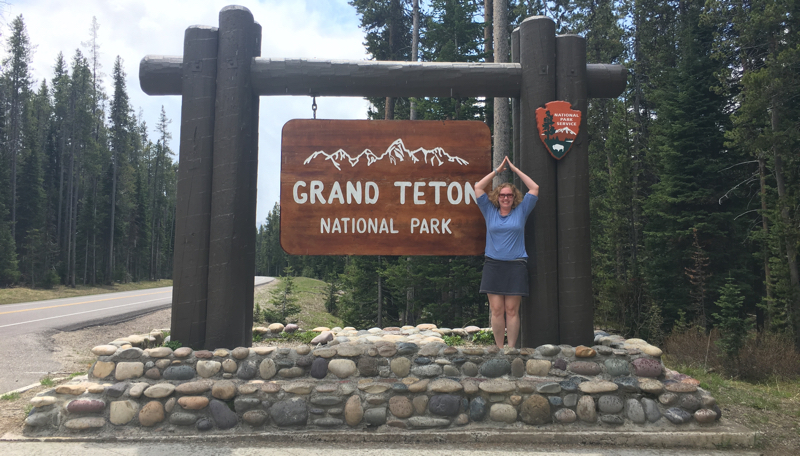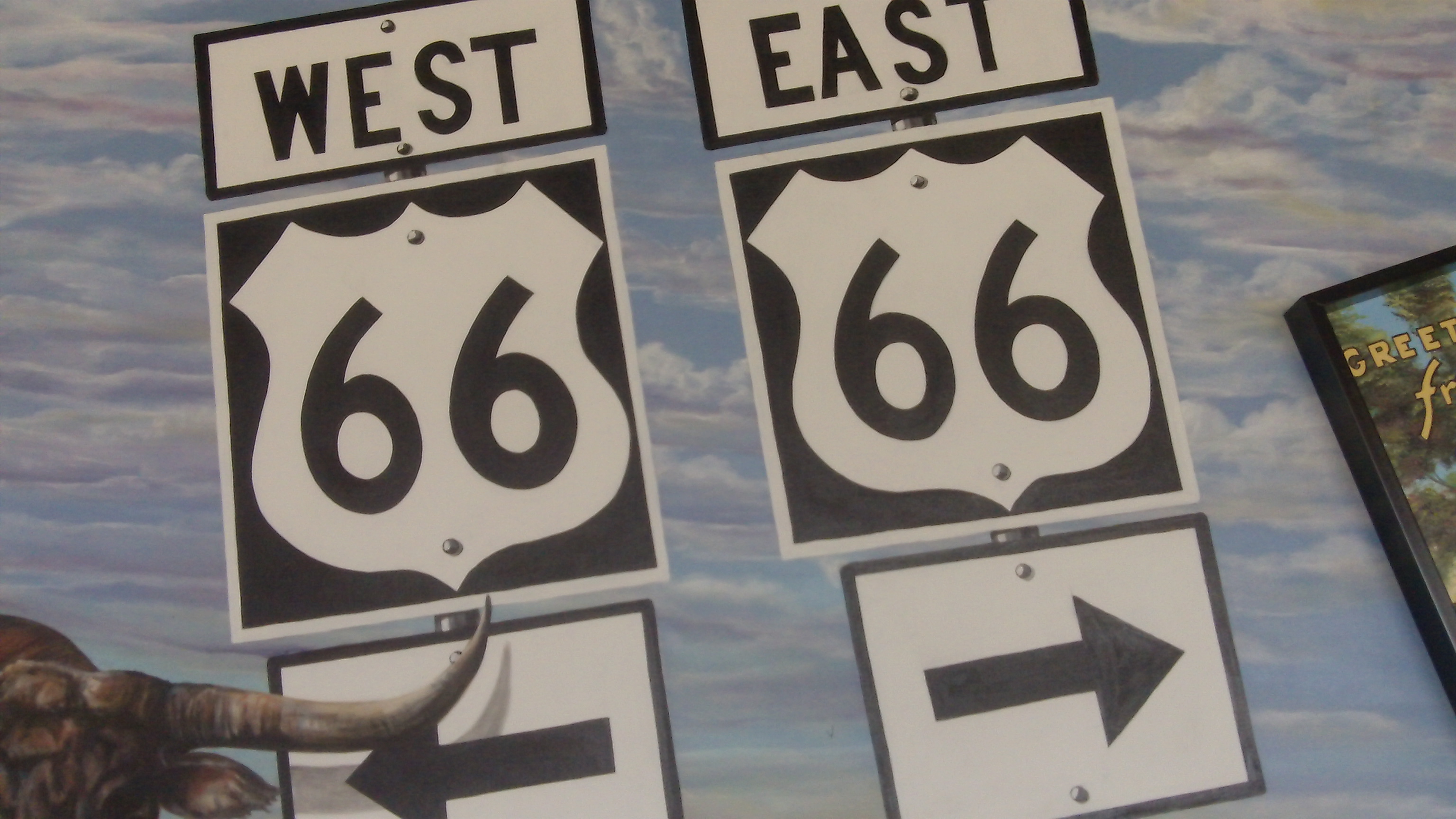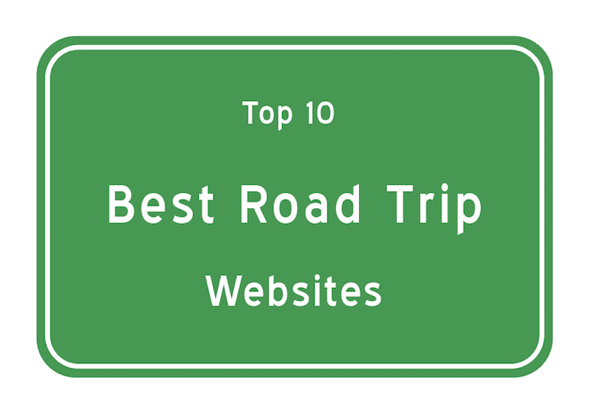With a little bit of advance planning, some online research, and a few tips, you can enjoy the perfect vacation and not break the bank.
- Pick a High-Value Destination. The tourism industry has been hit hard by the downturn in the economy, so hotels and restaurants are offering deals that you may not see again. And, the deals are easy to find with a little research. Do a quick search online for what we’re calling “trips on a tankful” and see what pops up. Look for hotel deals as well as plenty of low-cost activities. Hiking, camping, agri-tourism and festivals are always great options. Sites like SmarterTravel.com are great places to start your research.
- Make a Budget. Decide how much you can afford to spend, and then allocate your lodging, trip and activity expenses accordingly. It sounds simple, but many families head out with only vague ideas of how much it’s going to cost for gas and travel, etc. Using a site like Cost2Drive.com will help you calculate exactly what your driving cost will be. They use price information from actual gas stations along your route, not national averages. You can compare driving costs with various vehicles as well. Finally, the site shows comparable airfares so you can be assured of getting the best overall bargain. Then, and this is important, calculate your carbon footprint and go to sites such as TerraPass.com where you can purchase an offset.
- Pick the Right Vehicle. Depending on where you’ve decided to go, and how many people are going, and how much stuff you’re bringing with you, the right car might range from sub-compact, ultra-low mileage to a comfortable eight-person SUV. Cost difference between two vehicles will be less than $20 for almost any weekend trip, so look at comfort and amenities as well as gas mileage. If you’ve been thinking about purchasing a new car in the near future, this is the perfect time to rent that car for the weekend and see how well you like it after taking it on the road. Check your rental car points and discounts and see what’s available.
- Double check all the terms of any special offers. Look for parking costs and sneaky “resort” fees. If you don’t get a detailed estimate with your reservation, call the hotel and have one emailed or faxed to you. This applies to downtown tours and attractions as well. If you look ahead and it’s going to cost $20 to park downtown, just take the bus or pick a hotel closer to downtown. Spending a few minutes planning now can save a couple of hundred dollars in unexpected expenses.
- Be Realistic. A good deal is only a good deal if you use all the extras. Or, if you get one of those slightly higher room rates because it comes with a spa treatment or meal, it’s only a good deal if the extra services aren’t marked up. Do your research and see what things cost a la carte and in a bundle. My favorite tip to getting the best deals is to call the convention and visitors bureau and ask them for the best promotions, places to see, where to eat and more. The employees at a CVB work there every day and are usually quite objective about their members. Some of their web sites don’t include deals, but they can point you to a local site that does, and help you cut your research time in half.
And, when you plan a road trip, be realistic about how much you want to drive, how much you want to do, and whether you want to do anything at all. A weekend trip can be something you remember for years just because you relaxed, got to hang out with the kids and were the one doing the most cannonballs into the hotel pool. No fancy spa treatments needed. Isn’t that what the best road trips are really all about?




